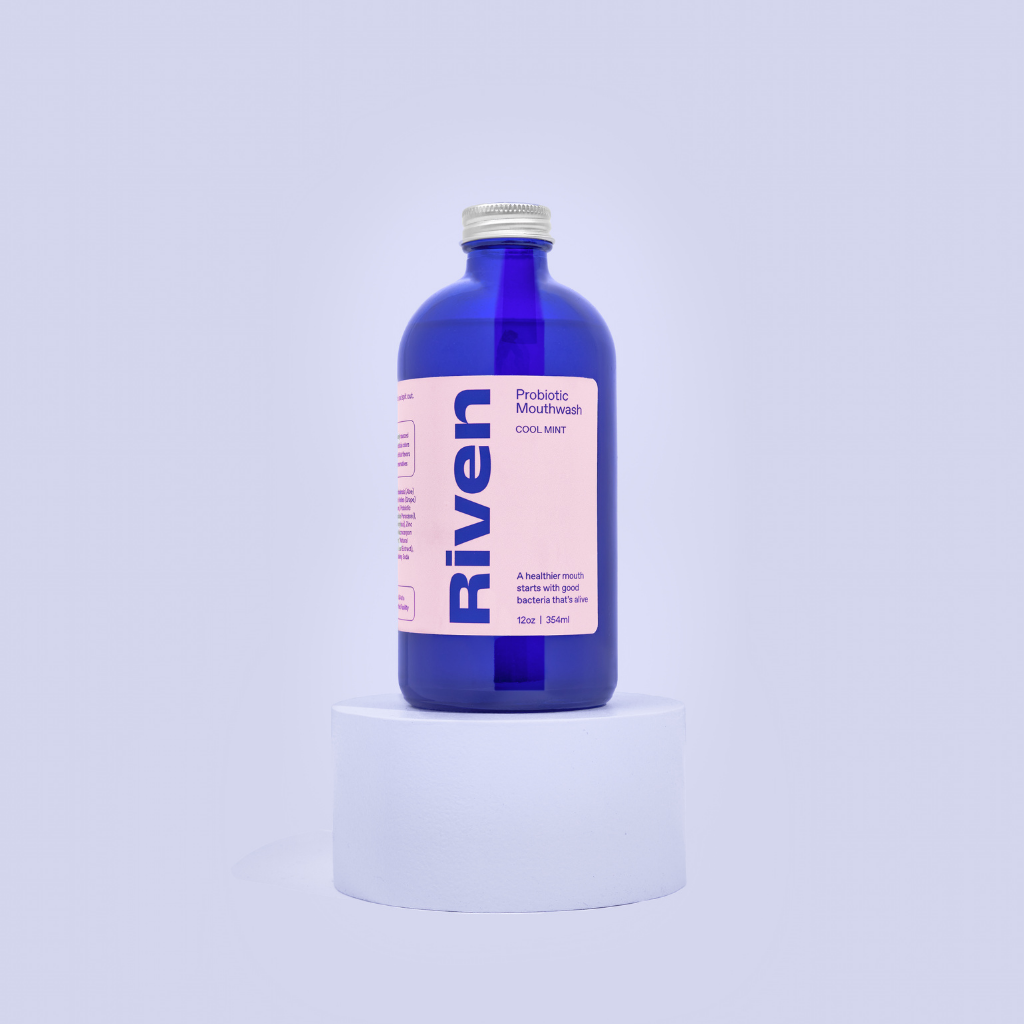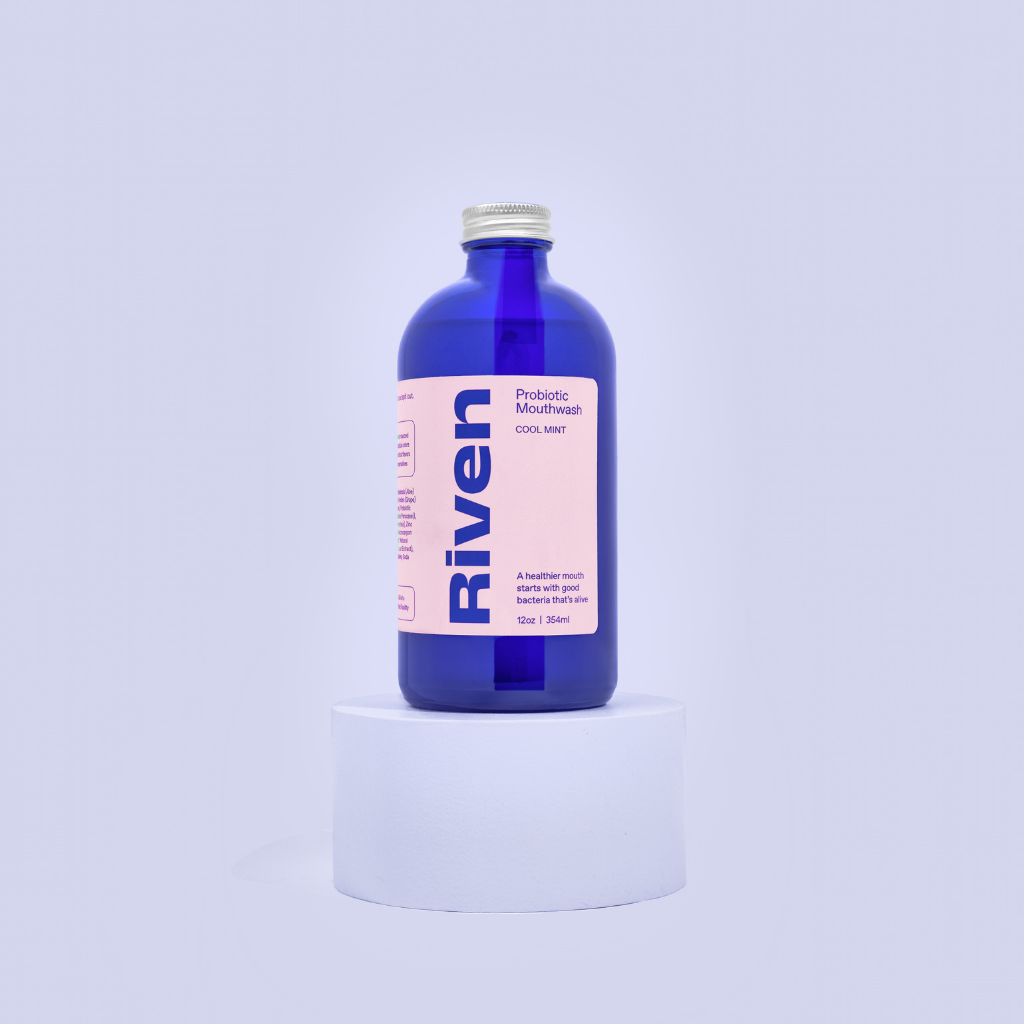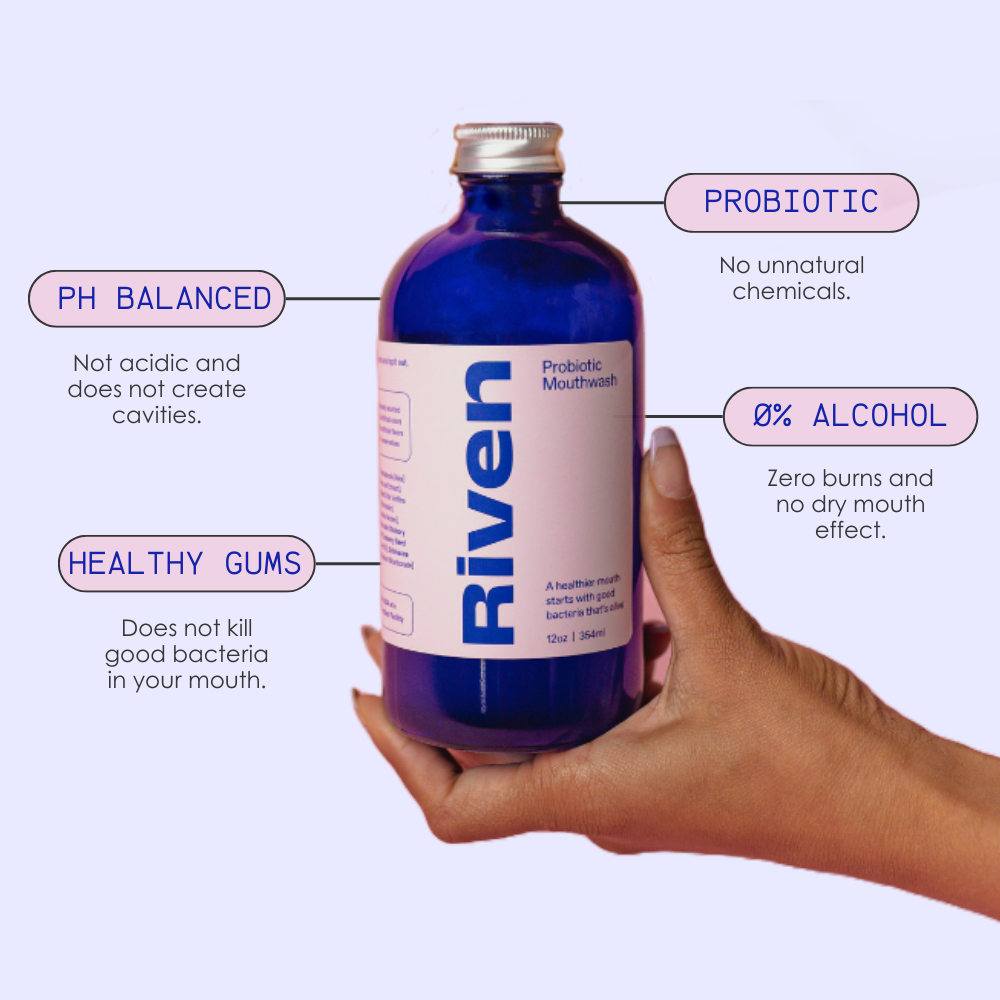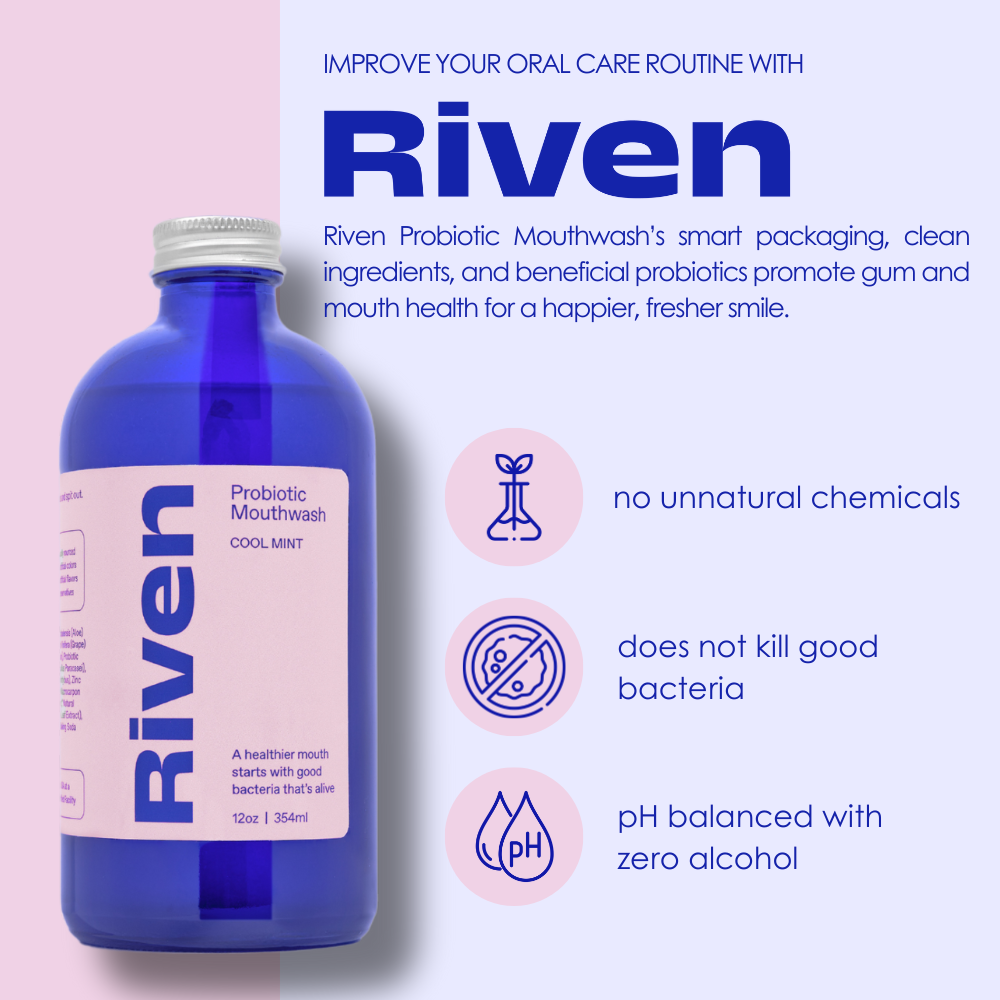Toothaches are undeniably one of the most unpleasant experiences one can endure. However, understanding the root causes and available remedies can provide much-needed relief. This comprehensive guide will delve deeper into the various causes of tooth pain and offer effective remedies for each condition.

Whether you're dealing with dental sensitivity, gum issues, or decay-related pain, this guide provides valuable insights and strategies to alleviate discomfort and maintain your oral health.
Why Do You Have a Toothache?
A toothache can be a distressing experience, and it can result from a variety of factors. Understanding the underlying causes is crucial in finding the right solution. Some common reasons for toothaches include:
- Large Decay Reaching the Nerve: Extensive tooth decay that has reached the nerve can cause excruciating pain. In such cases, a root canal procedure may be necessary to relieve the pain and save the tooth.
- Dental Sensitivity: Tooth sensitivity to hot or cold temperatures, as well as sweet or acidic foods, can cause discomfort. Desensitizing toothpaste and fluoride treatments can help manage this sensitivity.
- Cracked Teeth: Cracked teeth can lead to intermittent pain, especially when chewing. Depending on the severity, dental bonding, crowns, or in some cases, extraction may be needed.
- Gum Disease: Advanced gum disease can result in gum recession and tooth sensitivity. Treating gum disease through deep cleaning and improved oral hygiene can alleviate the pain.
- Abscess: A dental abscess, a pocket of pus near the root of a tooth, can cause severe pain and swelling. Immediate dental treatment, including drainage and antibiotics, is essential.
- Trauma: Accidents or injuries to the mouth can lead to tooth fractures or dislodgment. Seeking immediate dental care is crucial to address trauma-related pain.
- Overuse of Whitening Products: Excessive use of teeth whitening products can lead to tooth sensitivity. Reducing or discontinuing use and consulting a dentist for alternative whitening options can help.
Understanding the specific cause of your toothache is the first step towards effective pain management. Always consult with your dentist for a proper diagnosis and personalized treatment plan. Remember that good oral hygiene and regular dental check-ups are essential for preventing dental pain in the first place.
Immediate Relief Options: Alleviating Dental Discomfort
When faced with dental pain, immediate relief is paramount. Whether you're dealing with dental sensitivity, bruxism-related discomfort, gum issues, or decay-related pain, there are several remedies and strategies you can employ for temporary relief.
For Dental Sensitivity: Dental sensitivity can be highly discomforting, especially when consuming hot or cold foods. To mitigate this, avoid whitening products, as they can exacerbate the issue. Instead, opt for desensitizing toothpaste containing active ingredients like potassium nitrate, stannous fluoride, or strontium chloride. Sensodyne is a popular recommendation known for its effectiveness in reducing sensitivity.
For Bruxism-Related Pain: Bruxism, characterized by involuntary teeth grinding, often results from stress, sleep disorders like sleep apnea, misaligned teeth, or stimulants consumed before bedtime. To address bruxism-related discomfort, consider:
- Stress Reduction Techniques: Incorporate stress-reduction practices such as meditation, yoga, and journaling into your daily routine to minimize teeth grinding caused by stress.
- Night Guard: Consult your dentist for a custom-made occlusal or night guard, which can protect your teeth from grinding during sleep.
- Sleep Apnea Assessment: If you suspect sleep apnea, consult a healthcare professional who can evaluate your condition and recommend appropriate treatment, which may include a CPAP machine.
- Caffeine Avoidance: Refrain from consuming caffeine-containing products before bedtime, as they can exacerbate bruxism.
- Mouthguard During Weightlifting: If you engage in weightlifting, wearing a mouthguard can help prevent teeth grinding while exerting physical effort.
For Gum Issues: If you experience swollen, red, or bleeding gums, a warm saltwater rinse can provide relief. Dissolve Himalayan salt in warm water for a soothing rinse that reduces inflammation. Maintaining proper oral hygiene through regular brushing and flossing is essential to prevent gingival inflammation. Additionally, this saltwater rinse can accelerate the healing process of canker sores.
For Decay-Related Pain: When a large cavity exposes the nerve, resulting in radiating throbbing pain, you can turn to natural remedies. Clove oil, known for its pain-relieving properties, can be used for temporary relief. Mix 2-3 drops of clove oil with a teaspoon of carrier oil, such as olive or coconut oil, and apply it to the affected area. Over-the-counter ibuprofen is another alternative for pain relief. Keeping your head elevated can also help reduce pain and discomfort.
While these remedies offer temporary relief, it's crucial to emphasize that they are not substitutes for professional dental care. Dental pain should never be ignored, and consulting with your dentist or oral surgeon to pinpoint the underlying cause and receive appropriate treatment is essential. In the meantime, these remedies can provide respite from discomfort and pain.





